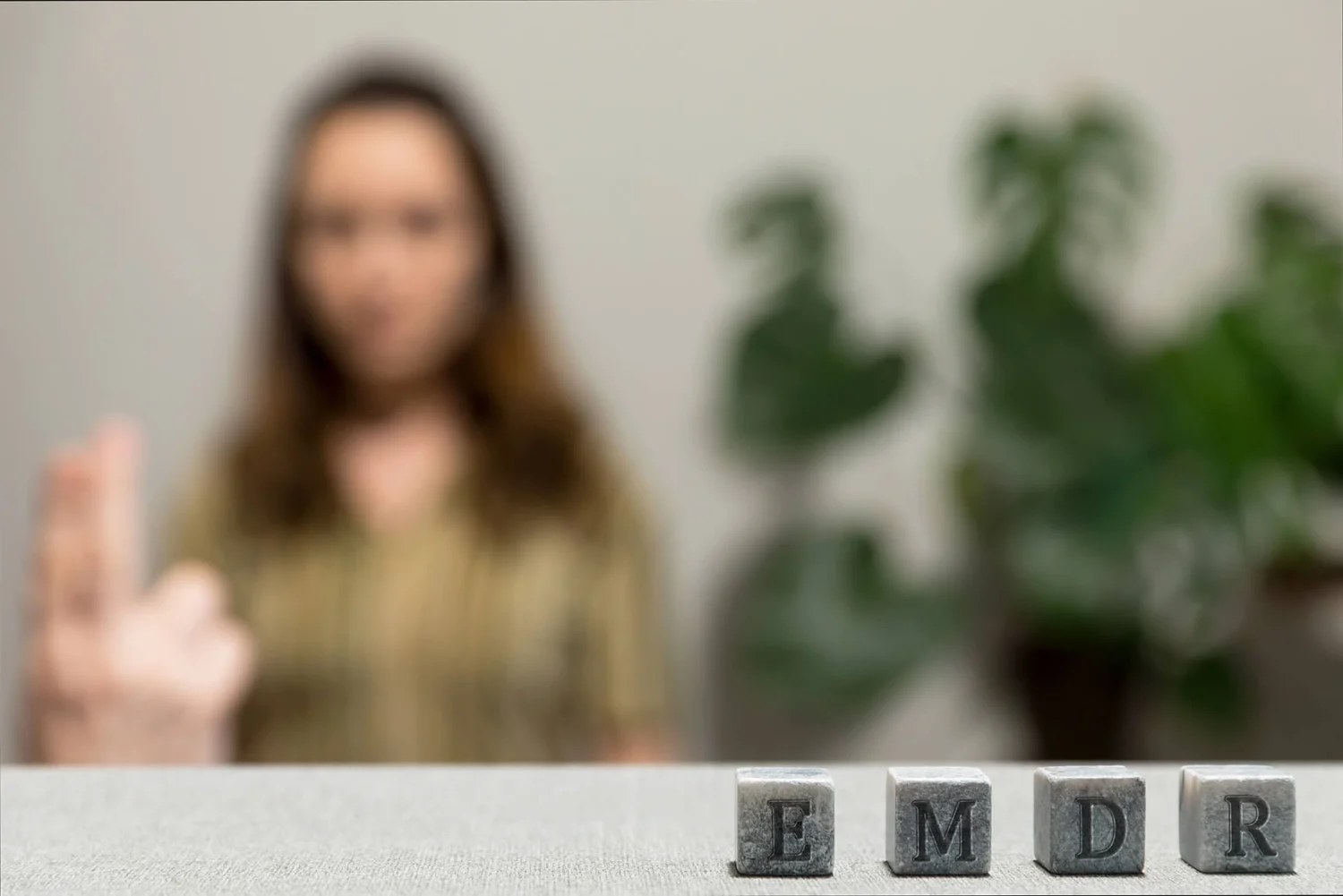At Rock View Recovery, we understand that trauma and addiction are deeply connected. These experiences can leave lasting imprints on your mind, influencing emotions, behaviors, and overall well-being. That’s why we are committed to offering specialized, evidence-based treatments like Eye Movement Desensitization and Reprocessing (EMDR) therapy.
EMDR is a research-backed approach that helps individuals reprocess traumatic memories in a safe and structured environment. It is widely recognized for its ability to reduce emotional distress, alleviate symptoms of post-traumatic stress disorder (PTSD), and support long-term recovery. By addressing the root causes of trauma, EMDR therapy empowers individuals to heal, develop healthier coping mechanisms, and regain control over their lives.
Through a series of guided sessions, clients can gradually reshape the way they experience past traumatic events. Rather than feeling stuck in a cycle of pain and distress, they begin to cultivate a healthier, more balanced relationship with their thoughts and emotions. With the help of our experienced therapists, individuals can work toward a future that is not defined by their past but rather by their newfound strength and resilience.
Healing is not a one-size-fits-all journey, which is why we prioritize personalized care at Rock View Recovery. Our team is dedicated to tailoring each treatment plan to the unique needs of every client, ensuring a comprehensive and individualized approach. If you or a loved one are struggling with mental health challenges, substance use, or the lingering effects of trauma, our compassionate team is here to provide the care, support, and guidance needed to embark on a journey toward lasting recovery. Healing is possible, and at Rock View Recovery, we are dedicated to helping you reclaim your life.















